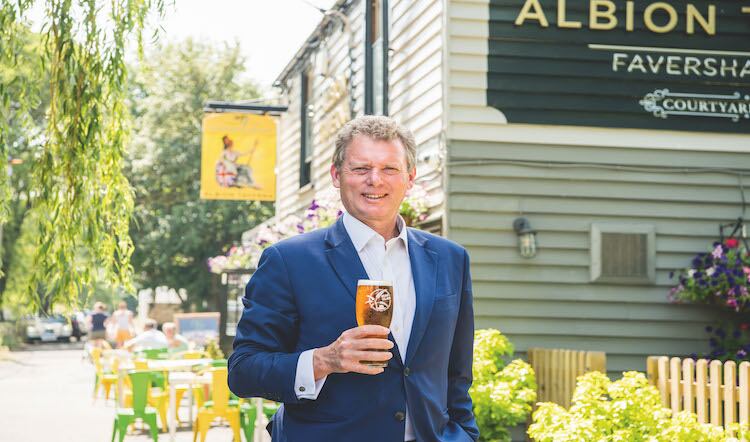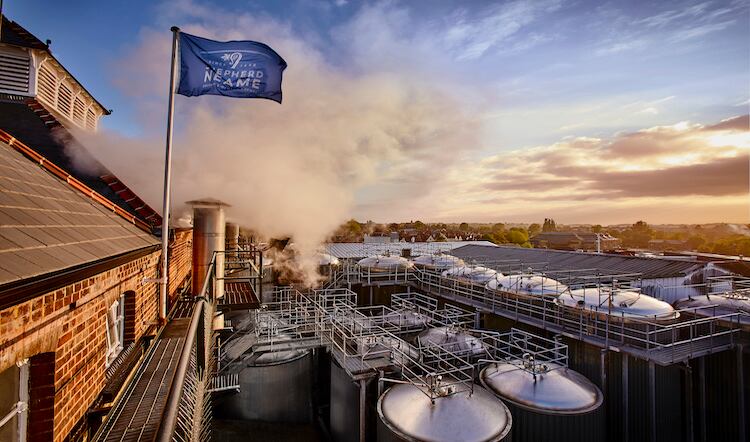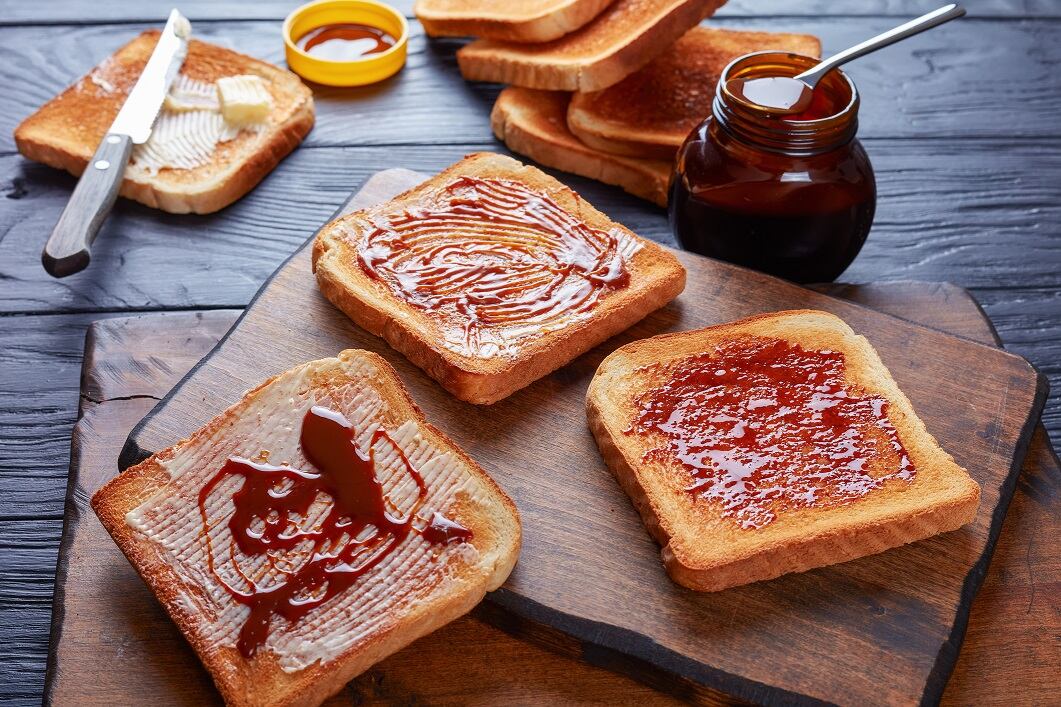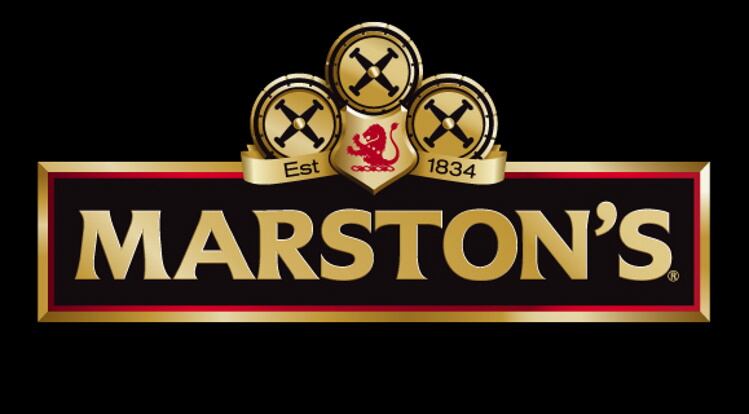Publicans were forced to ditch an estimated 70m pints of spoilt beer, according to the British Beer & Pub Association (BBPA). In fact, many pubs and brewers offered consumers’ free beer and some of the unsaleable beer was donated to farmers for organic fertilisers or even as animal feed.
The effect on the beer market of lockdown was immediate as beer sales plunged by 40% in March compared to the same period in 2019.
BBPA, chief executive Emma McClarkin, tells Food Manufacture the lockdown has been ‘devastating’ for brewers.
“For one of my breweries, 98% of its business was in the on-trade and that was turned off overnight,” she says.
Lack of grant support
Another major effect has been the lack of grant support for brewers in comparison to that offered to pubs.
“It has been absolutely brutal for them as they haven’t been in receipt of so much Government support and it has been extremely tough,” says McClarkin.
“We saw a massive switch to off-sales and sales on the internet which is fantastic. People were recognising the quality of beers that they can’t get at the supermarket and they went direct to the breweries.”
The lockdown almost immediately changed consumers’ buying habits, forcing brewers of all sizes to look at their business models in order to cater for increased at-home drinking.
Large international breweries
From large international breweries to local craft operations, all industry players have felt the impact.
The world’s largest brewer AB InBev, which boasts brands including Budweiser and Corona, reported volume declines globally in the height of coronavirus, with April volumes declining by 32.4% and May down by 21.4%.
Molson Coors Beverage Company reports shifts in demand to off-premises and certain package types. The owner of brands such as Carling and Coors, also revealed in April that it was scaling back its UK operations and rationalising its range in the wake of coronavirus.
Meanwhile, Heineken says the COVID-19 pandemic constitutes a ‘major negative macroeconomic development’ that is having a ‘significant impact’ on its markets and business in 2020.
Smaller breweries
While many of these larger brewers were able to divert some sales from on-trade to off-trade many of the smaller breweries just did not have the infrastructure to change their business models.
McClarkin highlights there were many small-to-medium breweries that struggled with the change to at-home sales, as they were not set up with distribution, packaging or bottling facilities to respond.
She adds breweries had to change the way they operated, involving changes in working practices and personal protective equipment, with mitigation costs hitting £450m for the sector.
“Some brewers are back into the on-trade and back to other routes to market, others have seen a big uplift in on-trade and are looking at how they maintain that but still recover their on-trade business," says McClarkin.
“Others have made a decision that they are going to focus more on the on-trade now because they feel there us more security in that chain.”
Challenges ahead
But there are still more challenges ahead, as brewers face the prospects of potential local lockdowns and more pub closures.
“The biggest thing really that is hitting the industry now is capacity,” McClarkin says. “Obviously there are restrictions in terms of pubs and social distancing and how many people we can have in a venue. It can also limit the number of venues that can open. So, if you are looking at route to market it becomes problematic.”
“There will be breweries that will close and that will not survive. They were not in the shape they needed to be in this crisis and were so dependent on the on-trade that they could not possibly keep going.”
While the pub sector has received Government support with grants and a VAT cut, the BBPA is looking for more support for the brewery sector. It is calling for help with the alcohol beer duty review, which is due in the autumn, as well as the review of Small Brewers' Relief (SBR).
“Our brewers are paying 50% of turnover in tax and that is going to make it harder for all brewers of all sizes to survive,” says McClarkin.
Independent family breweries
The Independent Family Brewers of Britain, (IFBB) which represents 29 family brewers across the UK, invested around £30M in their pubs due to coronavirus.
“The most important thing for the family brewers in all of this was making sure that they supported their tenanted pub partners to make sure they were there on the other side,” says IFBB chairman, and Thwaites Brewery chief executive officer Rick Bailey.
“Obviously in a tied tenanted model it is in everybody’s interest that the pubs come through this and flourish so it made sense to support them.”
Thwaites, the Lancashire-based pub and hotel company, operates a small brewery on its site in Mellor Brook, which focuses on producing beers solely for its pubs.
“For us it was all about closing down the brewery, furloughing the staff and using the Government schemes where we could,” Bailey says.
‘Had to destroy a lot of beer’
“We had to destroy quite a lot of beer. Then we started to worry about how we looked after our yeast and we brewed throughout. The purpose of brewing was to make sure we could protect our yeast and continue the yeast strain.”
He admits the industry faced some major challenges, especially around the reopening of pubs in July and said it had to ‘stick its neck out’.
“It was all about making a decision without any certainty from Government because we needed to start to fill the supply chain,” he said.
‘Massive uncertainty’
“There is massive uncertainty from week-to-week about where the market will go for the next nine to 12 months and whether any further support will be needed as we come out of this summer season into the darker months of October, November and December.”
Meanwhile, the Society of Independent Brewers (SIBA), which represents more than 825 independent craft breweries, has revealed that smaller breweries have been among the most heavily hit by coronavirus.
It claims their sales have declined by 82% during lockdown. In addition, they have not received the same package of support as the wider hospitality sector during the crisis, such as the Business Rates holiday or £25,000 grant.
James Calder, chief executive of SIBA, has accused the Government of leaving these businesses ‘high and dry’. The organisation is particularly concerned about the changes to SBR, which will reduce the 50% duty relief threshold from 5,000 hectolitres (hl) to 2,100hl, he says.
“For some breweries the rising tax bill could force them into closure. For many others it will stifle growth, as breweries delay growth in order to remain small to stay below the level at which beer tax starts to rise," he says.
‘Huge own-goal’
“It’s a huge own-goal by a Government aiming to kickstart our economy, stimulate growth, and get local businesses thriving.”
As the country comes out of lockdown, the challenges faced by all food and drink manufacturers remains high. Brewers are now facing the daunting prospect of tax increases along with a long road to recovery.
Case Study: Shepherd Neame, Faversham, Kent

The family brewer moved quickly when the threat of Coronavirus hit, making changes even before lockdown on 23 March.
“I think in retrospect we were very lucky or made a good call,” says Jonathan Neame, chief executive at Shepherd Neame. “We decided to close our office to protect the brewery on 18 March, so all staff were sent home except for essential brewery staff.
“We watched what some of the larger international manufacturers were doing in terms of making a secure workplace at that time.”
Range of measures
The brewery introduced a range of measures, including special security at the site, temperature checks for members of staff and deep cleaning between the shifts.
“We provided meals for all the staff so they could keep in their shift bubble and we changed various other working practices,” Neame adds.
This even involved the brewery taking charge of doing their laundry to ensure there was no potential virus spread.
Changes to consumer habits happened very quickly. Neame says production of its entire keg and cask beer was stopped and it focused on bottled beers.
‘Big surge in take-home’
“Bottled beer sales went up enormously initially. We saw a very big surge in take-home through the grocers and a little bit of panic buying. The volumes in the early days were extraordinary.”
While bottled beer sales grew at around 35%, similar to the wider market, overall volume sales were still down due to the pub closures, sports clubs closures and the cancellation of events such as music festivals.
Product mix also changed and like many manufacturers Shepherd Neame focused on its main lines such as Spitfire, Bishops Finger and Whitstable Bay.
This meant a ‘significant order’ was placed with local hop producers during lockdown.
‘Supply chain under pressure’
“We did have some beer in tank that we were unable to use and had to get rid of it,” Neame adds. “The supply chain for certain things was under a lot of pressure at some stages but somehow we muddled through.”
He agrees that capacity is an issue moving forward but believes there are some positive signs.
“Part of our business won’t normalise on the beer side until next summer,” he predicts.
“There are encouraging signs at the moment as people are going out and the pubs are doing ok. Things are moving in the right direction and fingers crossed.”




